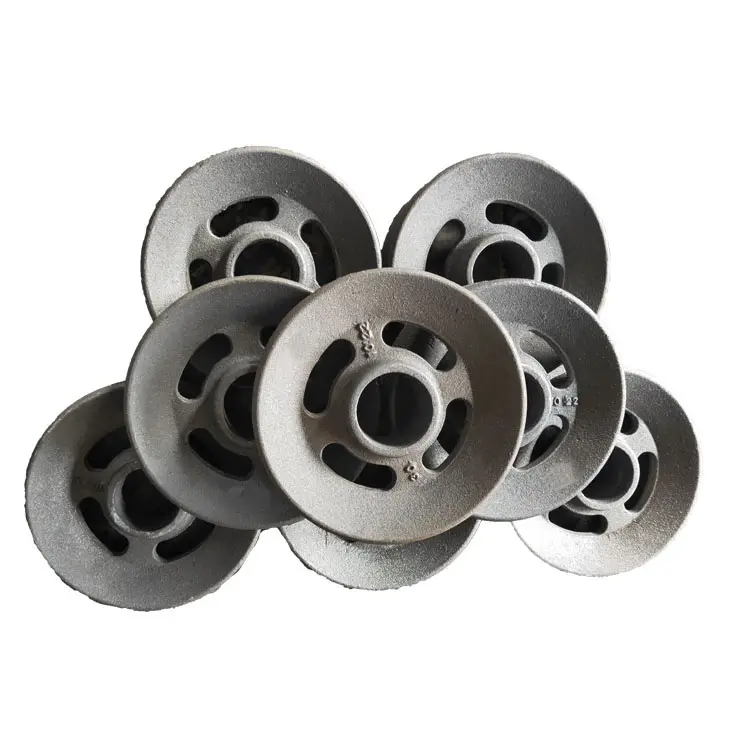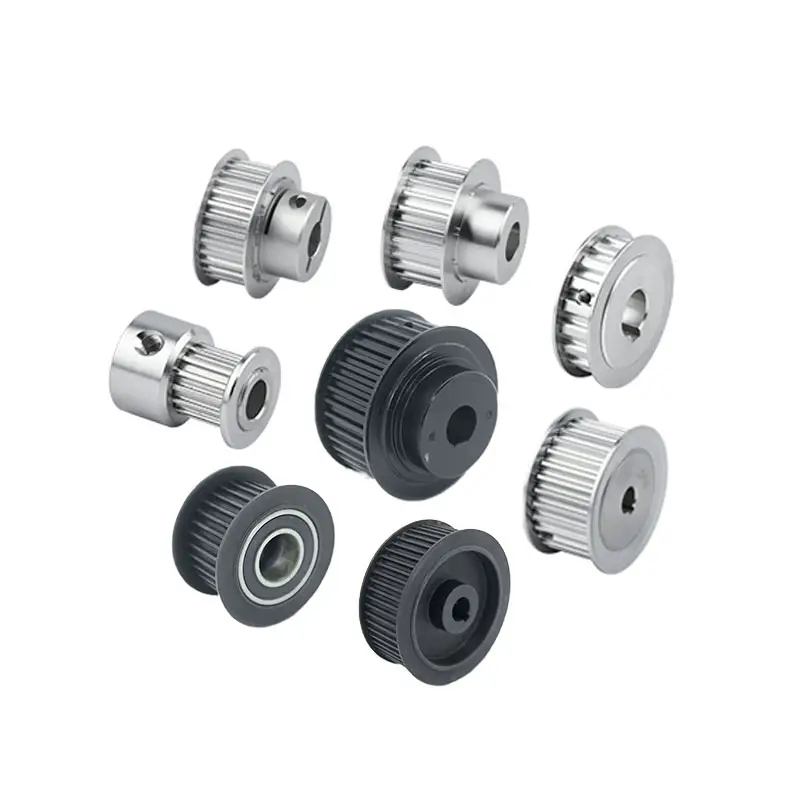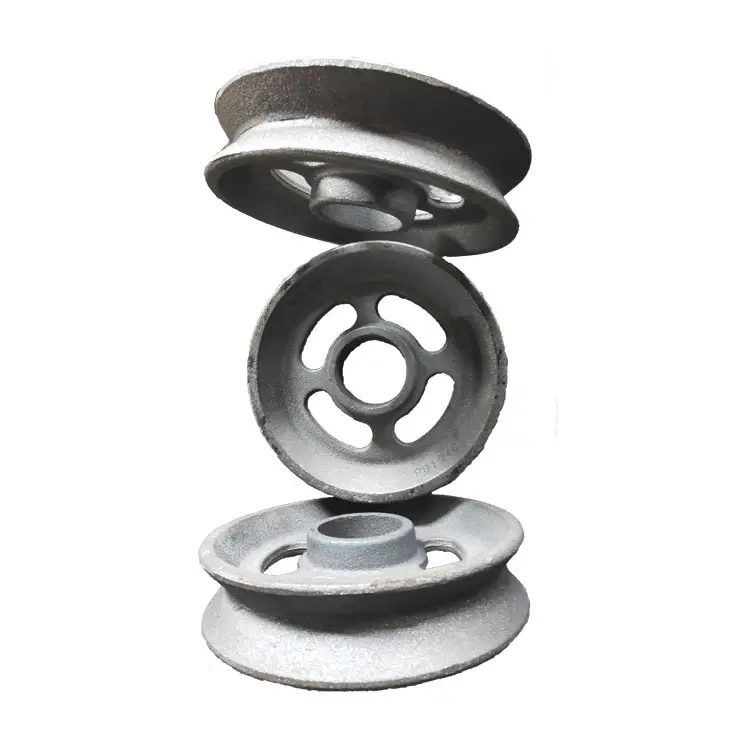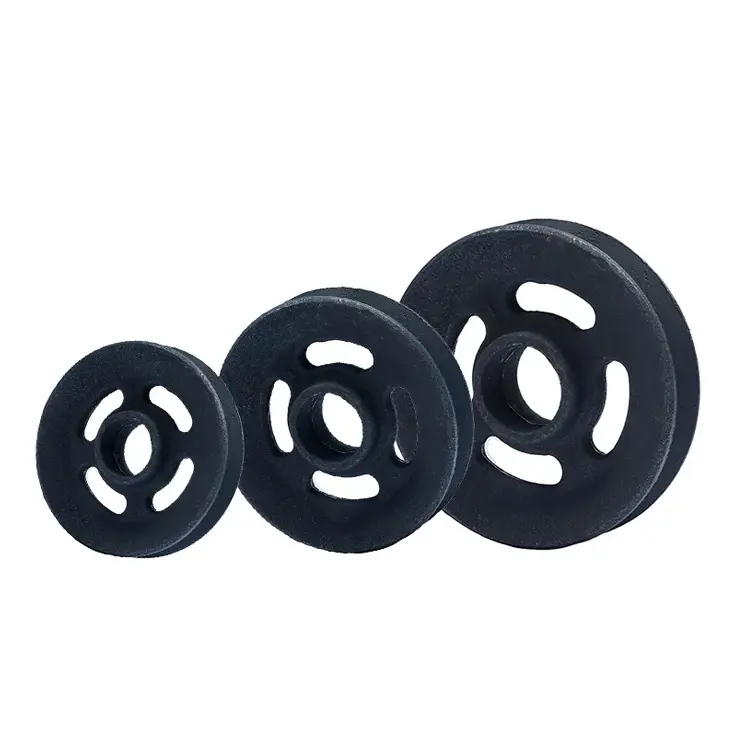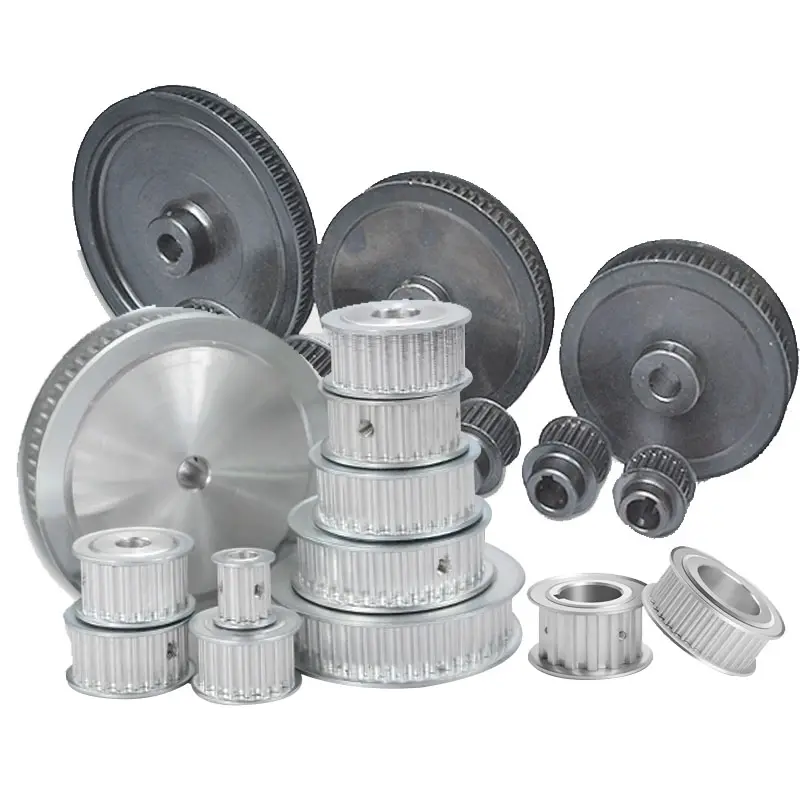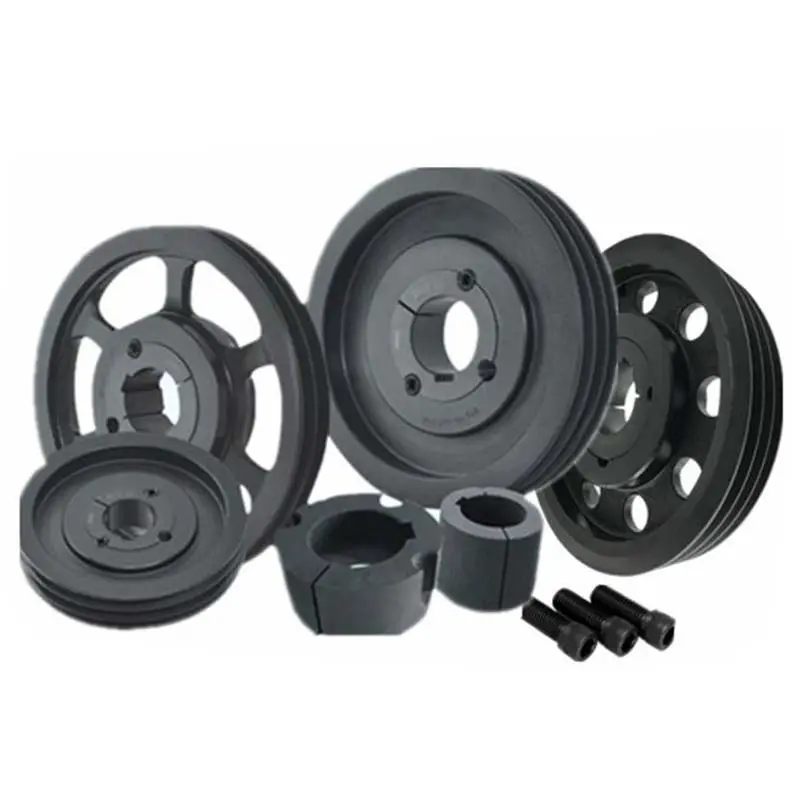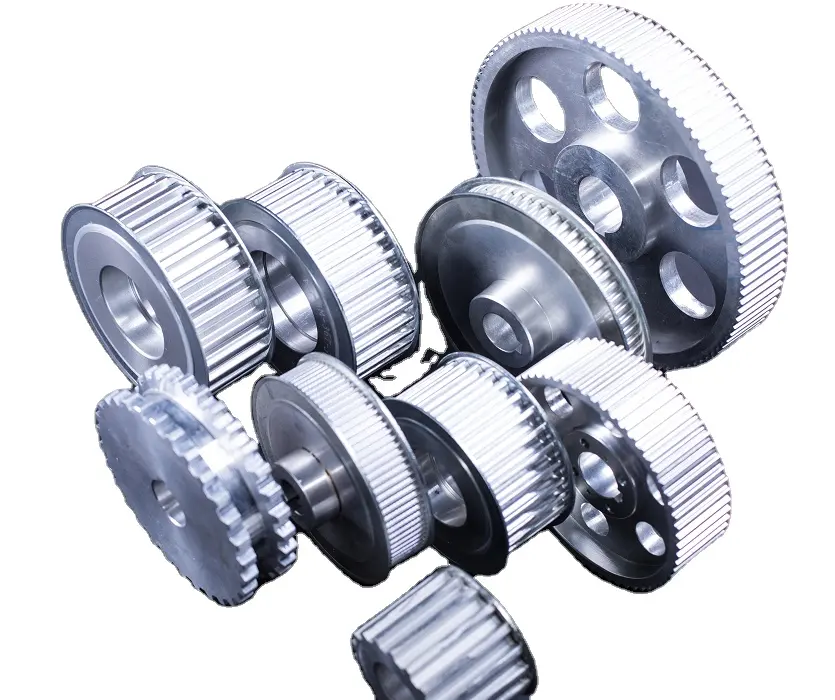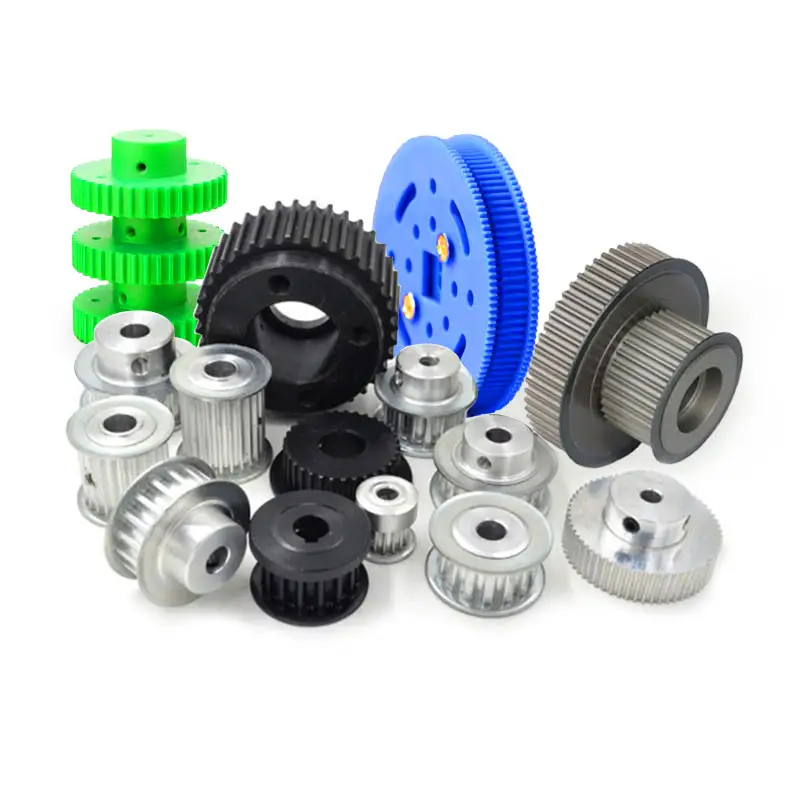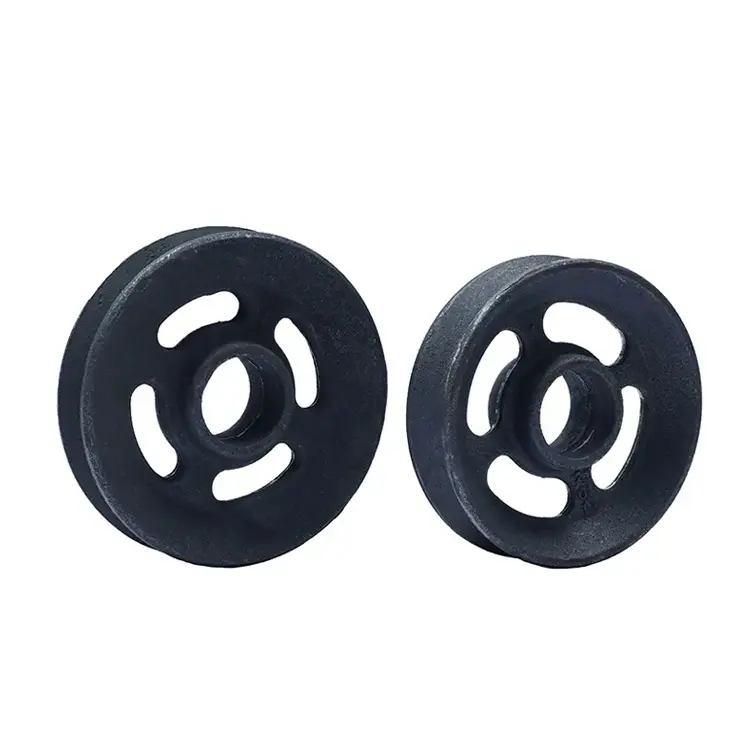Product Description
Stainless Steel/Carbon Steel Swivel Eye Block/Pulley
The Twin Swivel Block can fit multiple rope sizes ranging from 25mm to 50mm.
This block body is made from grade 304 or 316
stainless steel and the removable sheave is made from grade 304 or 316
stainless steel for corrosion resistance and durability.
It is ideal for marine and industrial rigging applications.
OUR MAIN PRODUCTS
Company Information
Haito was founded in 2002.Specializing in the production of stainless shackle,turnbuckle,terminal,screw and other metal products.Products of high quality, fashionable,windely used in a variety of architecture, not only has the broad masses of the domestic sales market, but also exported to Europe and the United States.
Over the past few years of production and management and exploration, Founder set up its own quality management system.Passed the ISO9001: 2008 quality system certification Founder always implement the concept of customer value creation for customers tailored products to meet the needs of different customers, and continuously provide customers with solutions and technical problems. Further exploration and innovation, and excellence. Warmly welcome you and opening up the boundaries of communication. We synchronize with your ideal partner!
* Free Samples could be provided
* No MOQ limit, Timely delivery, High quality and competitive prices
* OEM is welcomed
* Professional solution and good service on your questions
>>>FAQ:
|
1. Can I be your agent? |
| 2. Is OEM available? Yes, OEM is available. We have professional designer to help your brand promotion. |
| 3. How can I get a sample to check your quality? After price confirmation, you can require for samples to check our quality. Free for the samples, but you need to pay for the freight. |
| 4. What’s your quality guarantee? We have different kinds of products which can meet different quality standard. Our QC department will teset products before shipping. We have 100% quality guarantee to customers. We will be responsible for any quality problem. |
| 5. How about the delivery time? The delivery time is depend on the products and the quantity. But generally, the delivery time for a container is about 1 month. |
| 6. What’s benefit will you bring? Your client satisfied on the quality. |
/* January 22, 2571 19:08:37 */!function(){function s(e,r){var a,o={};try{e&&e.split(“,”).forEach(function(e,t){e&&(a=e.match(/(.*?):(.*)$/))&&1
| After-sales Service: | Introduce Usage Method,Guarantee Repapair |
|---|---|
| Warranty: | 1years |
| Application: | Boat, Yacht |
| Standard: | ASTM, GB, DIN, ANSI, JIS, ISO |
| Customized: | Non-Customized |
| Surface Treatment: | Polished |
| Samples: |
US$ 0.12/Piece
1 Piece(Min.Order) | |
|---|
| Customization: |
Available
| Customized Request |
|---|
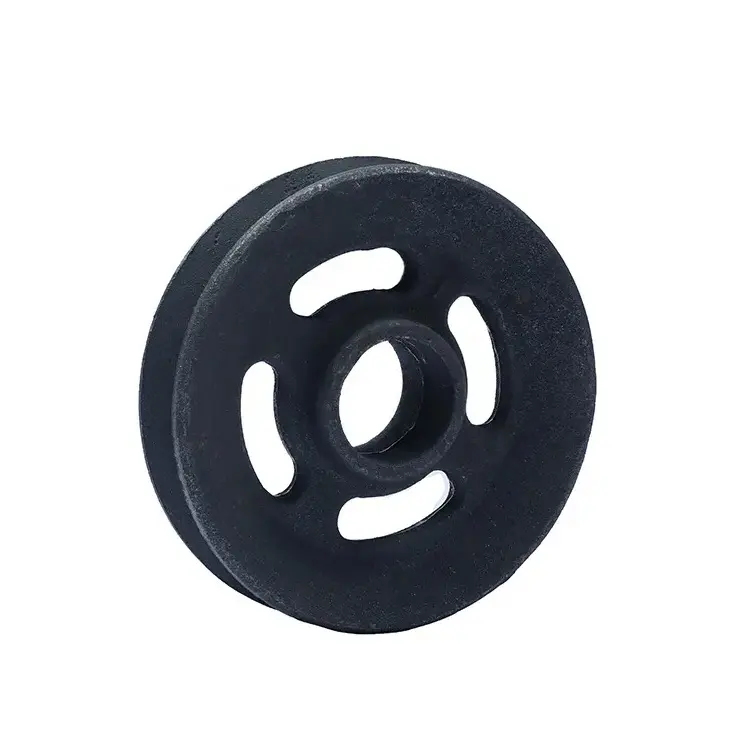
How are sheave pulleys used in the operation of cranes and hoists?
Sheave pulleys play a vital role in the operation of cranes and hoists, enabling the lifting and movement of heavy loads. Here is a detailed explanation of how sheave pulleys are used in the operation of cranes and hoists:
In cranes and hoists, sheave pulleys are typically incorporated into the lifting mechanism, often in combination with cables or ropes. The integration of sheave pulleys involves the following steps:
1. Lifting Mechanism Design: The lifting mechanism of a crane or hoist is designed based on the specific requirements of the lifting operation. Factors such as load capacity, lifting height, and application type are taken into consideration.
2. Wire Rope Selection: The appropriate wire rope or cable is selected based on the load capacity and other relevant factors. The wire rope is chosen to have suitable properties such as strength, flexibility, and resistance to wear or corrosion.
3. Sheave Pulley Configuration: Sheave pulleys are configured and positioned within the lifting mechanism to guide and support the wire rope. The pulleys are mounted on a framework or structure that allows them to rotate freely.
4. Multiple Pulley Systems: Cranes and hoists often utilize multiple sheave pulleys arranged in various configurations to achieve mechanical advantage and increase lifting capacity. These configurations include single sheave, double sheave, and multiple sheave arrangements.
5. Wire Rope Routing: The wire rope is threaded through the grooves of the sheave pulleys, creating a continuous loop. The pulleys guide the wire rope along the intended path, ensuring proper alignment and minimizing friction.
6. Drive Mechanism: A drive mechanism, such as an electric motor or hydraulic system, provides the power necessary to rotate the sheave pulleys. The rotation of the pulleys causes the wire rope to move, lifting or lowering the load.
7. Lifting and Lowering: When the crane or hoist is operated, the sheave pulleys rotate, causing the wire rope to move. As the wire rope is wound or unwound from the pulleys, the load is lifted or lowered accordingly. The mechanical advantage provided by the multiple pulley systems allows for efficient lifting and precise control.
8. Load Control and Safety: Cranes and hoists incorporate various control mechanisms, such as brakes and limit switches, to ensure safe and controlled lifting operations. These mechanisms work in conjunction with the sheave pulleys and other components to prevent overloading, uncontrolled descent, or other hazardous situations.
Regular maintenance and inspection of the sheave pulleys, wire rope, and other lifting components are essential to ensure the continued safe and reliable operation of cranes and hoists. This includes lubrication of the pulleys, checking for signs of wear or damage, and making necessary adjustments or replacements to maintain optimal functionality.
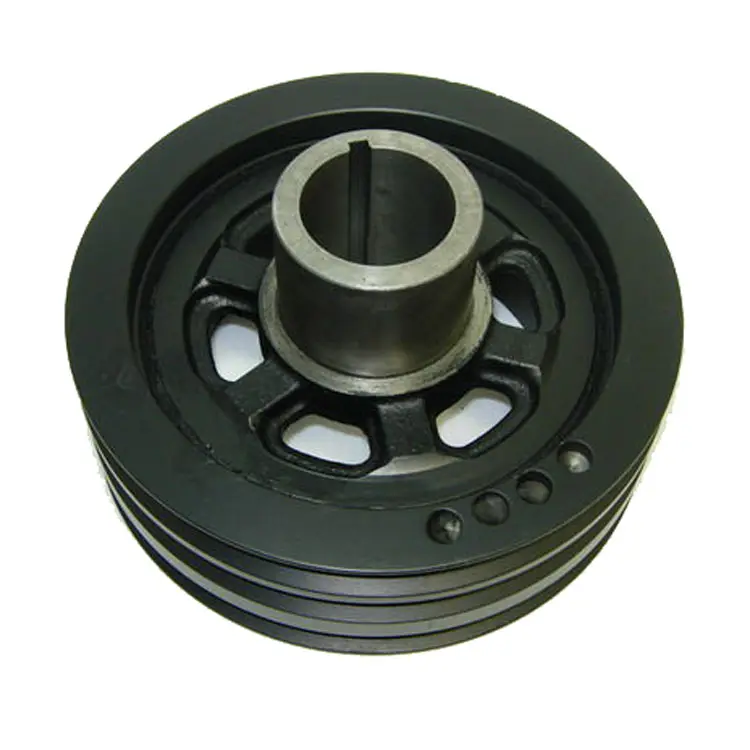
How does the size and design of a sheave pulley impact its performance?
The size and design of a sheave pulley have a significant impact on its performance in various applications. Here is a detailed explanation of how the size and design of a sheave pulley affect its performance:
1. Mechanical Advantage: The size of a sheave pulley directly affects the mechanical advantage it provides. A larger diameter sheave pulley offers a greater mechanical advantage, allowing for higher torque or force amplification. This is particularly important in applications where heavy loads need to be lifted or moved. Conversely, a smaller diameter sheave pulley provides a lower mechanical advantage but allows for higher rotational speed. The selection of the appropriate sheave pulley size is crucial to achieving the desired balance between torque and speed in the system.
2. Speed and Torque Ratio: The size ratio between the driving and driven sheave pulleys determines the speed and torque ratio in belt and chain drive systems. By varying the diameter of the sheave pulleys, the rotational speed of the driven component can be adjusted relative to the driving component. A larger driven sheave pulley compared to the driving sheave pulley results in higher torque but lower speed, while a smaller driven sheave pulley leads to higher speed but lower torque. The proper sizing and design of the sheave pulleys are critical in achieving the desired speed and torque characteristics of the system.
3. Belt or Chain Compatibility: The design of a sheave pulley should be compatible with the type and size of the belt or chain being used. The grooves and profile of the sheave pulley should match the corresponding belt or chain, ensuring proper engagement and minimizing slippage. A well-designed sheave pulley provides sufficient grip on the belt or chain, maximizing power transmission efficiency and preventing premature wear or failure of the system.
4. Material Selection: The design of a sheave pulley also includes the choice of materials. The material selection depends on factors such as the load-bearing capacity, environmental conditions, and desired friction characteristics. Common materials for sheave pulleys include steel, cast iron, aluminum, and various polymers. The material should possess the necessary strength, durability, and resistance to wear, corrosion, or temperature variations, ensuring reliable performance and longevity of the sheave pulley.
5. Groove Configuration: The design of the grooves in a sheave pulley is crucial for proper cable or belt tracking. The groove configuration should match the shape and size of the cable or belt to ensure effective engagement and prevent slipping or misalignment. Different groove profiles, such as V-shaped, U-shaped, or flat, are used depending on the application requirements. The correct groove design promotes efficient power transmission, reduces wear on the cables or belts, and minimizes noise and vibration.
6. Bearing and Lubrication: The design of a sheave pulley should consider the bearing arrangement and lubrication requirements. Proper bearing selection and lubrication ensure smooth rotation and reduce frictional losses. The design should allow for easy access to the bearing for maintenance and replacement. Additionally, provisions for lubrication, such as grease fittings or oiling points, should be incorporated to ensure optimal performance and longevity of the sheave pulley.
7. Load Capacity: The size and design of a sheave pulley determine its load-bearing capacity. A well-designed sheave pulley can handle the anticipated loads without deformation or failure. The material strength, groove profile, and overall structural integrity of the sheave pulley should be carefully considered to ensure safe and reliable operation under the expected loads.
Overall, the size and design of a sheave pulley directly impact its performance. Factors such as mechanical advantage, speed and torque ratio, belt or chain compatibility, material selection, groove configuration, bearing and lubrication requirements, and load capacity must be carefully considered in the design process to achieve optimal performance, efficiency, and reliability in various applications.
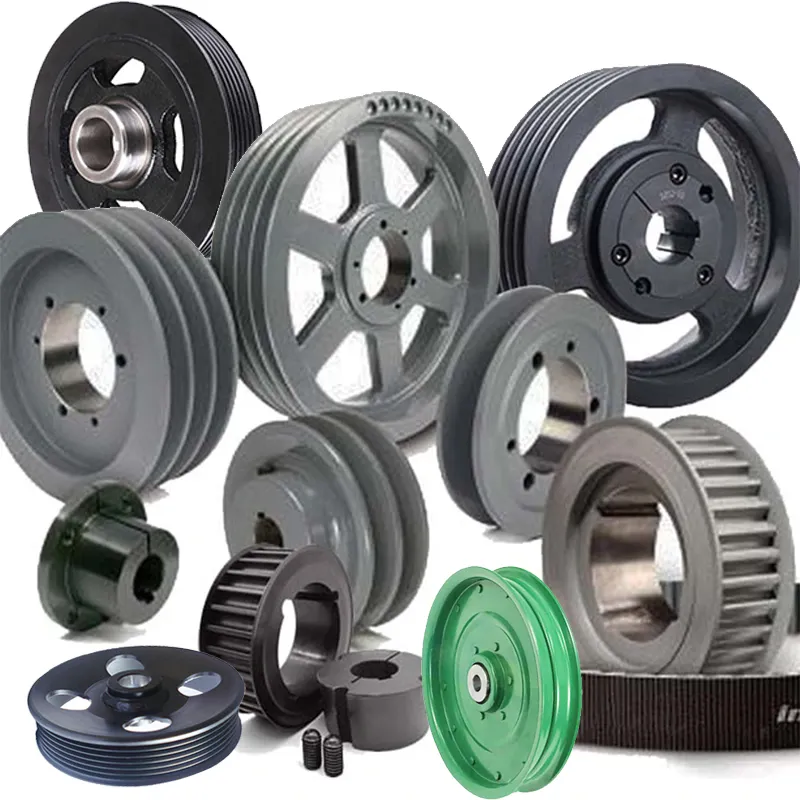
What role do sheave pulleys play in gym and fitness equipment?
Sheave pulleys play a significant role in gym and fitness equipment, contributing to the functionality and effectiveness of various exercise machines. Here is a detailed explanation of the role sheave pulleys play in gym and fitness equipment:
1. Cable-based Resistance Systems: Many gym and fitness machines utilize cable-based resistance systems, such as cable crossover machines, functional trainers, and lat pulldown machines. Sheave pulleys are essential components of these systems as they guide the cables and provide the necessary mechanical advantage for resistance training. By incorporating sheave pulleys, these machines allow users to perform a wide range of exercises targeting different muscle groups with adjustable resistance levels.
2. Adjustability and Versatility: Sheave pulleys offer adjustability and versatility in gym and fitness equipment. The positioning of the sheave pulleys can be adjusted to change the exercise angle and range of motion, accommodating users of different heights and body sizes. This adjustability allows for targeting specific muscles and varying the intensity of workouts. Additionally, sheave pulleys enable the attachment of various handles, bars, or straps, allowing users to perform different exercises and variations on a single machine.
3. Smooth and Controlled Movement: Sheave pulleys contribute to providing smooth and controlled movement in gym and fitness equipment. The grooves in the sheave pulleys guide the cables, reducing friction and ensuring consistent resistance throughout the exercise motion. This smooth movement enhances the user experience by minimizing jerky or uneven resistance, allowing for fluid and controlled movements during exercises.
4. Isolation and Functional Training: Sheave pulleys enable both isolation and functional training in gym equipment. In isolation exercises, sheave pulleys allow users to target specific muscle groups by providing a focused range of motion. This is beneficial for muscle isolation and development. On the other hand, in functional training exercises, sheave pulleys facilitate multi-joint movements and mimic real-life activities by providing adjustable resistance and freedom of movement. This combination of isolation and functional training capabilities makes gym equipment with sheave pulleys versatile and suitable for a wide range of exercise routines.
5. Compact Design: Sheave pulleys contribute to the compact design of gym and fitness equipment. By utilizing sheave pulleys, machines can incorporate cable-based resistance systems without requiring excessive space. The compact design allows for efficient use of floor space in gyms and fitness centers, making it possible to include a variety of exercise machines within a limited area.
6. Progressive Overload: Sheave pulleys play a role in progressive overload, a fundamental principle of strength training. Progressive overload involves gradually increasing the resistance or load placed on the muscles to stimulate growth and strength gains. Sheave pulleys allow users to easily adjust the resistance by changing the weight stack or pin position, enabling progressive overload and making it easier to track and measure progress over time.
Overall, sheave pulleys are integral components of gym and fitness equipment, providing cable-based resistance systems, adjustability, smooth and controlled movement, isolation and functional training capabilities, compact design, and support for progressive overload. These features enhance the versatility, effectiveness, and user experience of gym and fitness equipment, allowing individuals to perform a wide range of exercises and achieve their fitness goals.


editor by CX
2024-05-16
